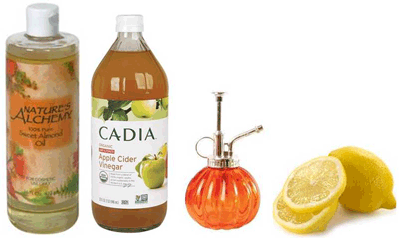Fleas are wingless parasites that rely on the blood of warm-blooded animals to survive. The question is “How to treat flea bites?”.
Fleas are actually amazing parasites that can survive even under exceptionally harsh conditions for prolonged periods. Therefore, you’re bound to experience a flea infestation if you’ve experienced one before or you just moved into a new place. This is because during the larvae stage of a flea’s life cycle, it develops a hard protective covering – known as a cocoon – which protects it for prolonged periods.
If flea bites have become a common experience for you, and you’ve tried all you can to deal with them to no avail, simply read on to have an idea of how to treat flea bites.
To successfully treat flea bites, you must carry out the following basic activities:
- Thoroughly treat your house for fleas
- Treat your pets for fleas and their bites
- Treat yourself for flea bites
Treating your Home for Fleas
This is the basics of every flea bite treatment. If you don’t treat your house before treating flea bites, you may likely end up moving in circles as the fleas may come to feed again after you must have cleared off the initial bite marks.
To treat your house for fleas,
- Clean your pet’s bedding and living area thoroughly.
- Vacuum your carpets and then dispose the cleaning bag
- Use flea sprays appropriately and cautiously
- Thoroughly treat outdoor spaces where your pets visit frequently.
- Repeat the treatment process two or three more times to ensure that all flea eggs are completely destroyed.
- Practice appropriate hygiene both inside and outside your house.
Treating your pets for flea bites
- Receiving oral or body treatments against fleas and flea bites.
- Receiving adequate treatment against diseases transmitted by fleas.
Treating flea bites on humans
This should be the last thing to do if the treatments for pets and the home can be done as soon as flea bites are noticed.
- Whatever you do, try not to scratch the bite area as it could result in painful sores.
- Clean the surface of the bite with antiseptic to reduce the chances of an infection.
- Use ice to alleviate swelling.
- Manage the itchiness by applying calamine lotion or anesthetic lotions to the affected area.
- Treat yourself for tapeworm and other diseases transmitted by fleas.
- Seek medical attention if bite symptoms continue or if you begin to experience secondary reactions to flea bites.
